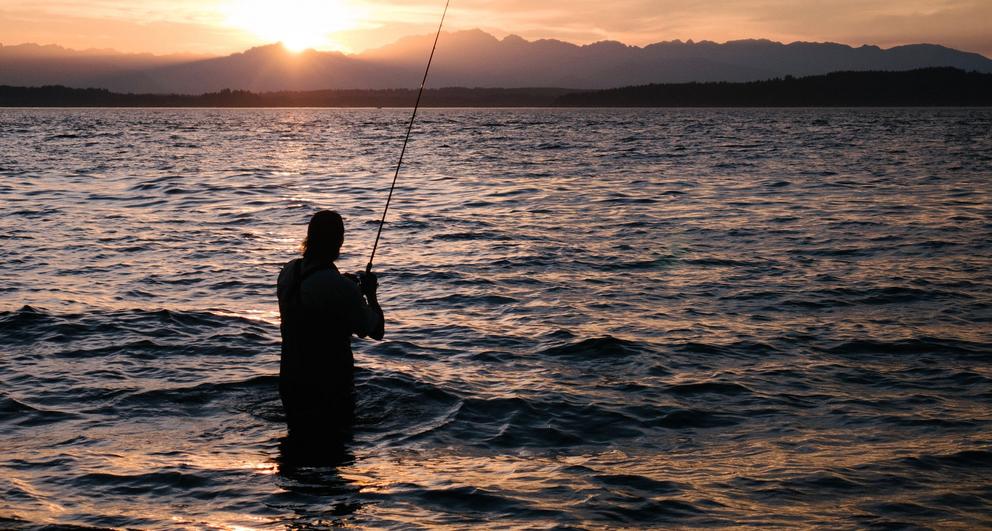The Pacific Northwest has always been synonymous with scenic waterfront views and fresh, sustainable seafood. However, just a few short decades ago, many of our iconic fish populations were threatened by chronic overfishing and other stressors, such as habitat loss.
Forty years ago, Washington’s Democratic U.S. Sen. Warren Magnuson and Alaska’s Republican Sen. Ted Stevens led the effort in Congress to improve U.S. management of our ocean fisheries. To help mark the 40th anniversary of the Magnuson-Stevens Fishery Conservation and Management Act, I recently went to Washington, D.C., with other recreational and commercial fishermen. While there, I encouraged members of the Washington and Alaska congressional delegations to continue supporting the core provisions of the act that are working to prevent overfishing and rebuild depleted populations.
We also need to start conversations about broadening the focus of the act, which is the primary law governing fisheries management nationally, to better account for what we now know about how fish populations interact with the larger ocean environment.
Since 1976, we’ve learned a lot about significant threats to our oceans and marine wildlife, including rising temperatures and acidification, habitat destruction, by-catch and overfishing that continues to impact our delicate coastal ecosystems. And as an angler, I have seen firsthand enormous changes in Washington state.
The days of sitting in a small rowboat fishing for 25-pound salmon just off Shilshole in north Seattle, rocking in the wake of the local salmon fishing fleet, are long-gone memories because all those big and continuing threats have already reduced the once-abundant fish populations. It is quite likely that no one will be general fishing for salmon in Puget Sound this year. Coho runs are expected to be exceptionally low and the opportunity to fish for winter-run steelhead is only half of what it was. Up the Skagit River, the community of Marblemount no longer sees out-of-state tourists vying for RV and hotel accommodations in winter and spring to fish for wild steelhead — instead, it looks like a town in decline.
On my trip to D.C., I was surprised to learn that there is notable pressure to weaken the Magnuson-Stevens Act. Rather than roll back the law, I encouraged our congressional representatives to strengthen the law when it is updated again, to make sure that the growing knowledge about our ocean environment is used to better inform fishery management decisions.
Adopting a big-picture approach to fisheries management offers innovative ways to address the new and persistent threats affecting the health of our oceans. Two elements of this approach come to mind. First, we should improve conservation of bait fish to have enough prey for larger fish, seabirds and marine mammals. Herring and squid are both major components in the diets of salmon and steelhead — and need protecting.
We also must do more to protect fish habitat. Since these fish travel thousands of miles in their annual migrations, the ocean habitat that they rely upon must be kept healthy for them to survive. By broadening the focus of fishery management so that we are accounting for the interconnections of fish, other wildlife and habitats, we can help meet the challenges of changing oceans.
While many may think of these issues as focusing on commercial fisheries, table fare and recreational fishing, the reality in our state is that without our salmon and steelhead we would not be “the Evergreen State.” The biomass and marine nutrients these fish provide after spawning support our forests and hundreds of other species. Without them our state, quite literally, would not look like it does. This is in addition to the cultural, economic and food value they represent to Washington’s tribal nations.
Our oceans and the recovery of our region’s fish populations has historically transcended politics and enjoyed good bipartisan support. When Congress next takes up major changes to the Magnuson-Stevens Act, it should modernize the legislation through the development of a big-picture approach to fisheries management. Then, we can trust that Washington state's fisheries will continue to provide long-term benefits to our region’s economy, the environment, the coastal and river communities, and citizens.


